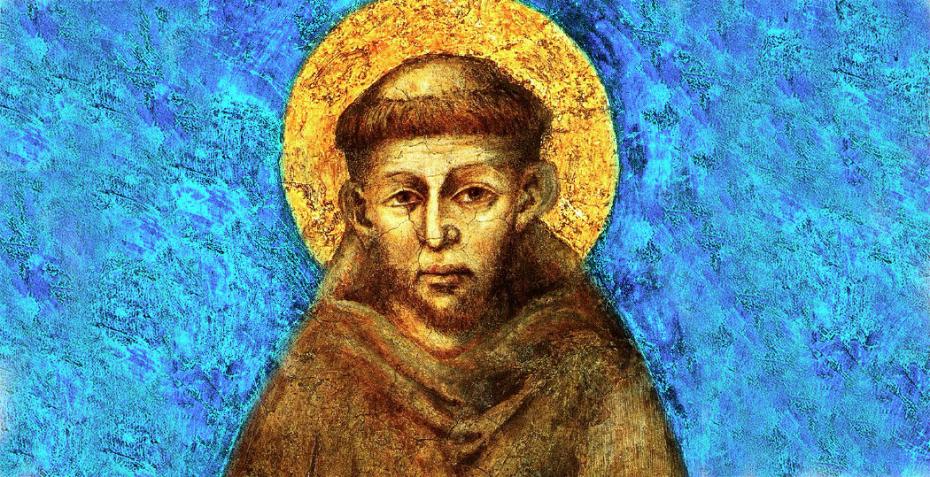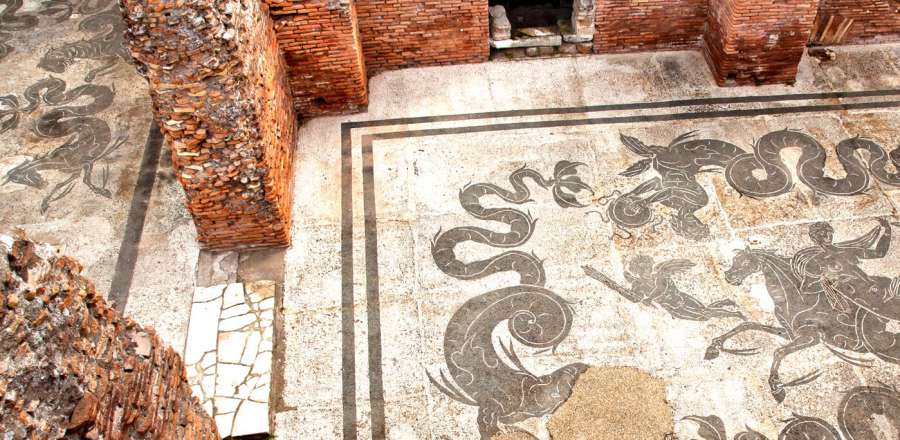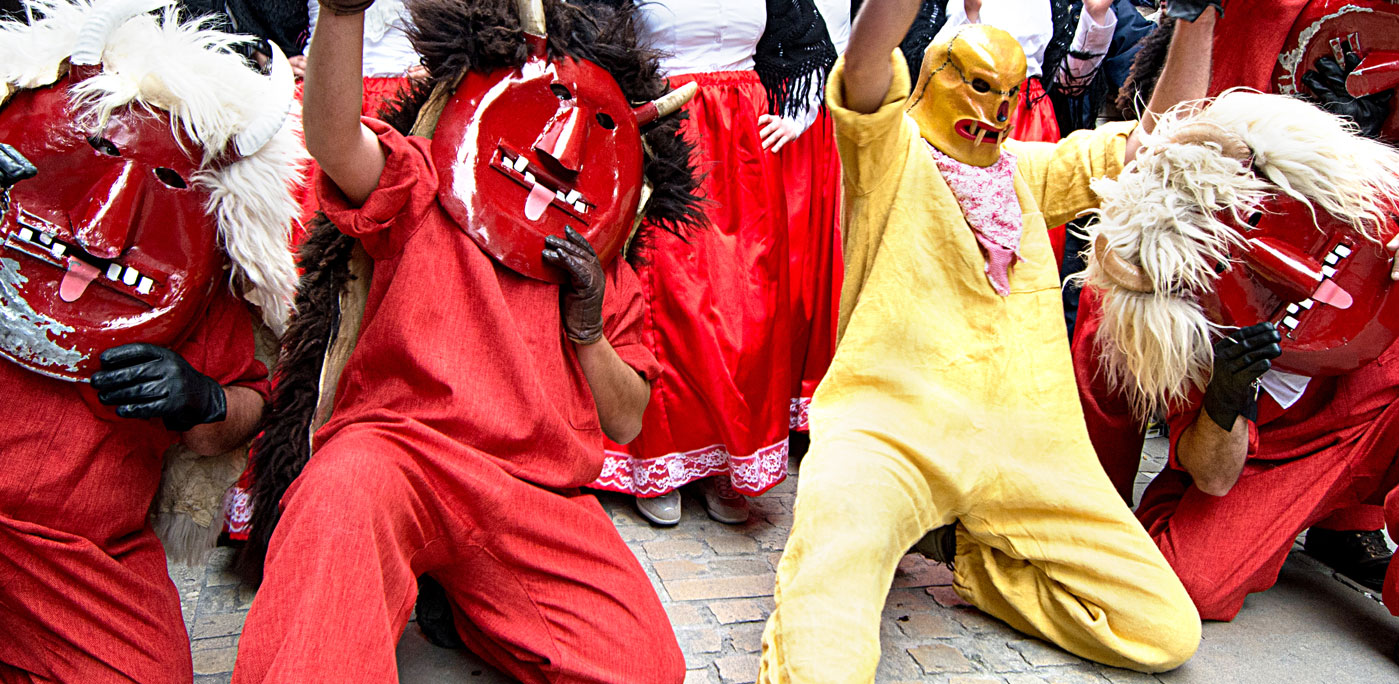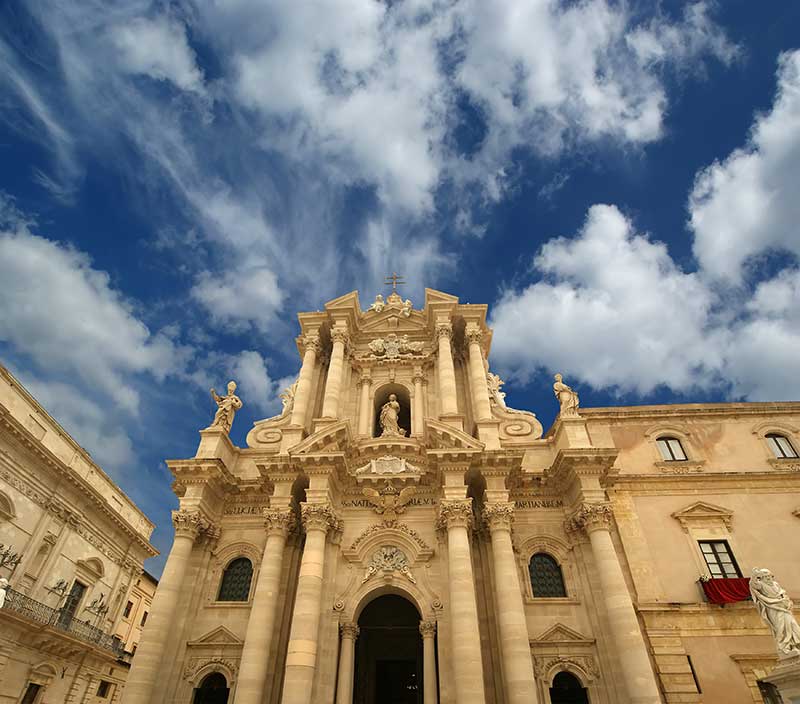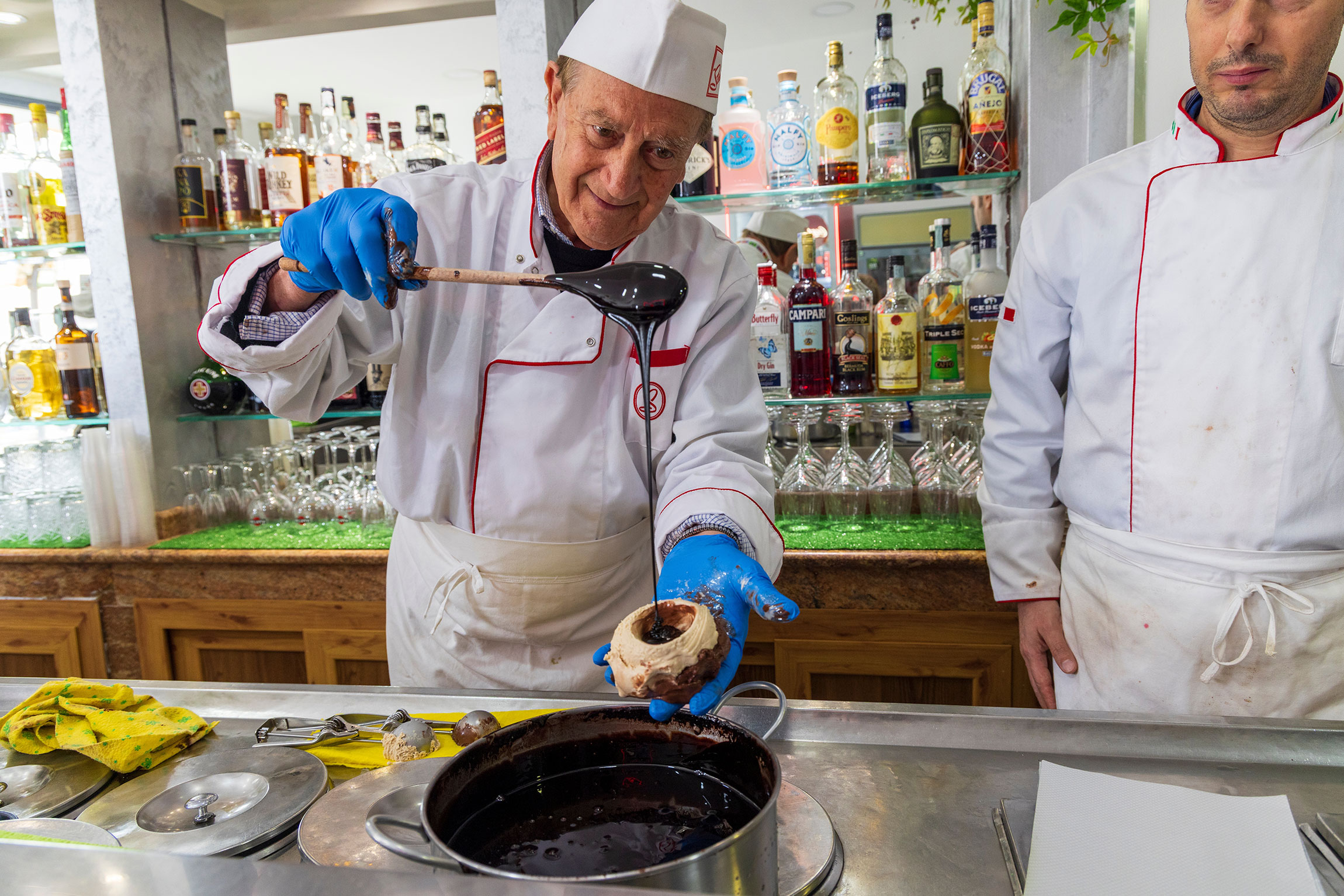As Italy prepares to commemorate its patron saint on October 4th, we’re reminded of his life’s work. Living in poverty, renouncing worldly goods and working with lepers, San Francesco lived a pious, humble life. And there are many legends around his work and teachings. But he wasn’t just interested in the soul of man, championing the countryside, protection of nature and all God’s creatures. Let’s celebrate San Francesco of Assisi, the first environmentalist and patron saint of ecology.
The early years
Baptized Giovanni di Pietro di Bernardone in 1181, but quickly nicknamed Francesco or “the Frenchman” by his father, the young saint was one of seven children of a wealthy silk merchant and a noblewoman. The siblings grew up in the hill town of Assisi in Umbria, overlooking the plains reaching across to Perugia, and life was comfortable for the high-spirited youngster.
In his early twenties Francesco, or Francis to use the anglicized version, joined the army to fight against near neighbors Perugia and spent a year as a prisoner of war before returning home. Once back in Assisi Francis picked up his fun-loving life, with barely a care in the world, but serious illness in 1204 whilst still in his youth would change his life forever.
A spiritual awakening
Francesco returned to the army for a year or two but began to have a series of visions and dreams that gradually shifted his focus from warfare towards more spiritual matters. He heard the voice of God when praying, sitting in a cave and on meeting a leper. The youngster set off on a pilgrimage to Rome and joined beggars at the doors of St Peter’s basilica, an experience that moved him enormously. And whilst praying in an abandoned church he heard a voice telling him to “repair my house.”
Francis turned his life to God and began preaching on the streets of his hometown. He quickly gained supporters and established a men’s order of friars. And his work with the poor and needy led him to renounce his inheritance and all his worldly goods to devote himself to caring for the less fortunate. But Francesco wasn’t just preaching about the salvation of man’s soul.
All creatures great and small
Francis believed that Christians should demonstrate their love of God by nurturing and protecting all creatures and all created things including the natural environment. Its even been suggested that what Francesco was preaching was heresy as he called creatures “brother ant” or “sister fire” implying all creatures, including man, are equal.
Francis not only preached to people, though. Legend has it that he would often preach to birds that would gather round him, urging them to praise God. The birds did not fly away, as might be expected, but responded by flapping their wings and singing, apparently in spiritual rejoicing, staying until Francis blessed them. As a consequence St Francis is often depicted with a songbird on his open hand.
But unlike others, Francis wasn’t teaching man’s dominion over animals, he saw them as equals, brothers and sisters even, believing that all living creatures are created equal. He encouraged followers to love and revere the natural world, telling them that it was their duty as Christians not to hurt animals or the land. And he went even further teaching that people should also be of service to animals, helping them, protecting them and preserving the environment.
Francesco’s ultimate conviction was that Christians should demonstrate their love of God through reverence not domination of all creatures great and small. It was a new interpretation of Biblical scripture and even suggested by some to be heretical. But Francis worked miracles through his belief even taming a ferocious wolf, praying with it and asking it to repent, making peace with the people it had been terrifying. In return the friar asked the locals to feed the wolf if it would promise never to injure them. The pact was sealed when the wolf was asked to swear faith and lifted its paw into Francesco’s hand, living peacefully in the countryside from then on.
Saint Francis of Assisi
Throughout his life Francis lived in harmony with humanity and all other creatures, taking his inspiration from scripture. He encouraged others to relate to the world in a new way, treating the world and all its inhabitants as members of the same family. And his work was recognized at the highest level when Pope Gregory IX canonized him in 1228, just two years after his death in Assisi on the 3rd October 1226, declaring him the patron saint of Italy.
And as stories of his teachings spread, Francesco’s posthumous association with animals and the natural world grew. Churches carried on his work with ceremonies to bless animals on his annual feast day, October 4th. And eventually, 750 years after his death, Pope John Paul II named Francis the patron saint of “those who promote ecology.”
Ultimately, St Francis was a lover of all God’s creations, worshipping through his respect of animals and nature. He exemplified the very best of what it means to be a man, a Christian and an environmentalist long before the term was coined. And he preached that it was the duty of all to protect and enjoy nature as both stewards and creatures ourselves. As his feast day approaches, we’re reminded that ecological consciousness and animal protection should be an essential part of every day life. Sadly, however, in a world that is defined by material possessions and money Francis’s teachings are more relevant today than they ever were during his lifetime. So whilst we may not be up for living a life of poverty, we still have a lot to learn from the legendary St Francis of Assisi, a true environmentalist before his time.
